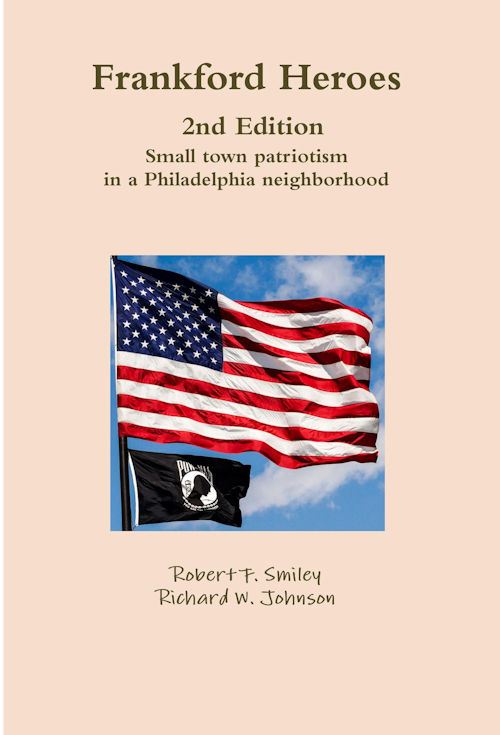This is another source of information and another version of the events about Lydia Darragh, provided by Joe Menkevich.
This passage is page 294 and 295 from the book “Historic Tales of Olden Time: Concerning the Early Settlement and Progress of Philadelphia Pennsylvania” by John Fanning Watson – Philadelphia (Pa.) Published in Philadelphia by E. Littell and by Thomas Holden in 1833.
“I have very direct and certain evidence for saying,
that Mrs. Lydia Darrach (the wife of William Darrach,
a teacher, dwelling in the house No. 177, South Second
street, corner of Little Dock street,) was the cause of
saving Washington’s army from great disaster while it
lay at Whitemarsh, in 1777. The case was this:—
The adjutant general of the British army occupied a
chamber in that house, and came there by night to read
the orders and plan of General Howe’s meditated attack.
She overheard them when she was expected to have
been asleep in bed; and making a pretext to go out to
Frankford for flour for family use, under a pass, she
met with Colonel Craig, and communicated the whole
to him, who immediately rode off to General Washington
to put him on his guard. The next night, at midnight,
the British army, in great force, moved silently
out of Philadelphia. The whole terminated in what
was called, I believe, the affair of Edge Hill, on the 5th
December; and on the 8th following, the British got
back to the city, fatigued and disappointed.
Mrs. Darrach, although a small and weakly woman,
walked the whole distance out and in, bringing with her,
to save appearances, twenty-five pounds of flour, borne
upon her arms all the way from Frankford. The adjutant
general afterwards went to her to enquire if it had
been possible that any of her family could have been up
to listen and carry intelligence, since the result had
been so mysterious to him. Mr. and Mrs. Darrach
were of the society of Friends”





